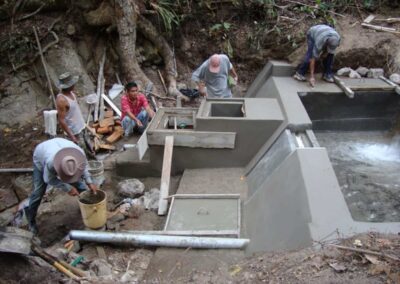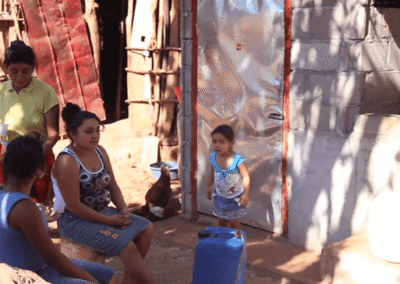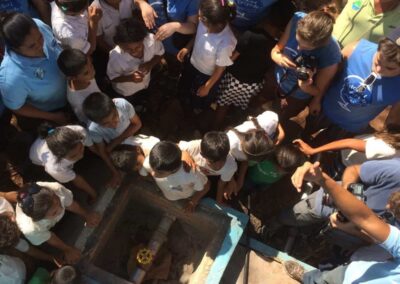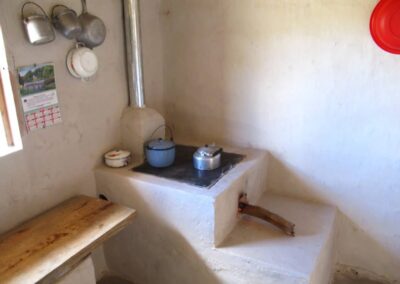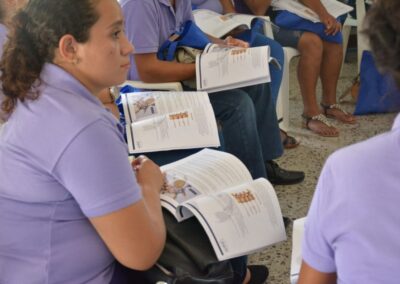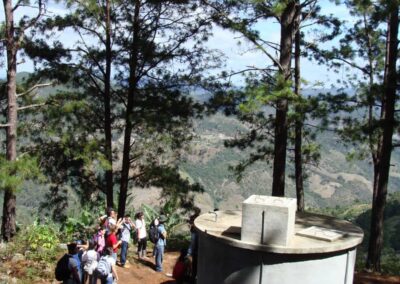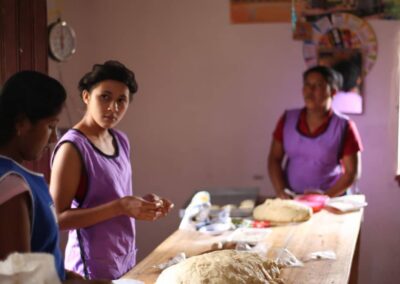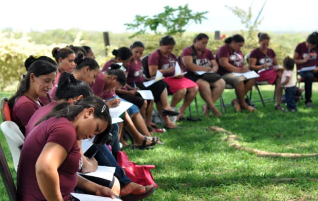Honduras
In 2004, we started our work in the country of Honduras as a medical relief organization. Through the collaboration of community partners and local leaders, we eventually evolved our programming to tackle the underlying issues causing and relating to the health challenges we initially observed during medical clinics. No longer focusing on short-term medical relief, we work to empower communities through economic development, sustainable healthcare and water and sanitation projects.
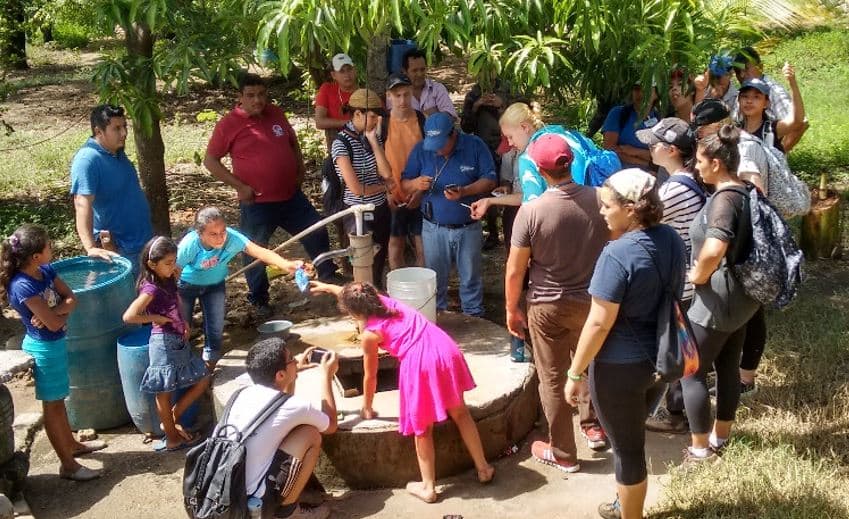
- 400 Community Partners
- Working with more than 240,000 Community Members
- 10.10% of rural population without access to basic or safely managed drinking water sources
- 19.90% of rural population without access to basic or safely managed sanitation facilities
- 3 Physician per 10,000 people
- Common sources of income include agriculture, fishing, shrimp farming, and day labouring
Our Work in Honduras
Programs Currently Implemented
Invested in Community Owned Banks & Businesses
People with Access to Clean Water
Families Benefited with Public Health Projects
Community Health Workers Trained & Equipped
Legal Cases Resolved
Highlighted Projects
Women's Empowerment
Although we focus on the development of our 8 programs that align with the United Nations’ Sustainable Development Goals (SDG) #3, #6, and #8, another SDG that sticks out as a priority is #5, Gender Equality.
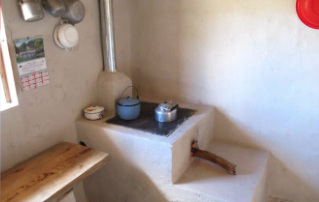
Inter-American Development Bank Grant
In 2015, Global Brigades Honduras in partnership with PATH, was awarded a $1 million grant from the Inter-American Development Bank Multilateral Investment Fund to implement the Healthy Households Initiative. This initiative is aimed at improving access, affordability, and use of preventative health products through strengthened supply chains and innovative financing schemes.
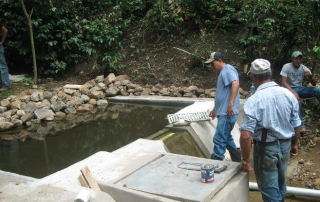
Clean Water
Clean water systems are constructed with local community members working alongside volunteers and local engineers. Systems include the collaboration between community members, government and Global Brigades. Construction may take several months to complete and can include several large scale components, such as dams and storage tanks.
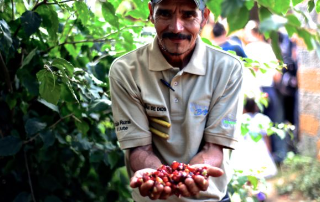
Community Banks
Local leaders are identified and trained by our staff and volunteers to organize Community-Owned Banks to provide critical financial services to the community. Local governments recognize these banks as legitimate institutions allowing them to provide access to savings and loans.
Program Overview
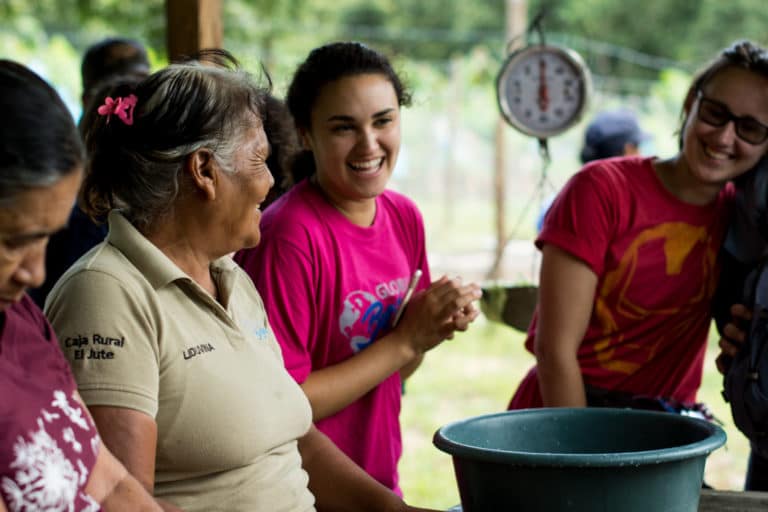
We work with community leaders to build community banks that provide access to loans, savings and financial literacy, while re-circulating loan repayments back into the community bank for future loans. To combat water-borne, respiratory and skin illnesses, we also work with communities to build full-scale water systems and construct eco-stoves, latrines, hand-washing stations and concrete floors. To continue to provide access to healthcare, we still provide mobile medical clinics until the community has trained local Community Health Workers and a local pharmacy established.
To ensure future success of our programs, community buy-in, government collaboration, local leadership and financial sustainability are key. Local leadership are vetted and trained for various committees, such as the community bank, basic sanitation and water committees. For projects that require ongoing maintenance, such as water systems, beneficiaries are required to pay monthly fees to ensure funds for maintenance and chlorination are available. Lastly, we ensure that agreements are created with local governments to establish trust and empower them to own projects.
Safety
Volunteer safety will always be our absolute top priority. Global Brigades recently engaged Askari International Security, an industry leader in international risk assessment, to complete a comprehensive risk/safety assessment of all brigade operations. A full explanation of safety precautions and procedures can be found on our “Safety & Insurance” page.
Volunteer Safety in Honduras
- Global Brigades is in contact with OSAC (the Overseas Security Advisory Committee) to receive up-to-date security and safety briefings from the U.S. State Department;
- Established relationships with local community authorities to gain trust and access into communities;
- Established relationships with local authorities to provide monitoring of volunteer activity in country;
- Full-time local Global Brigades medical personnel on-call at all times;
- Adherence to the IVPA standards of international volunteering.

